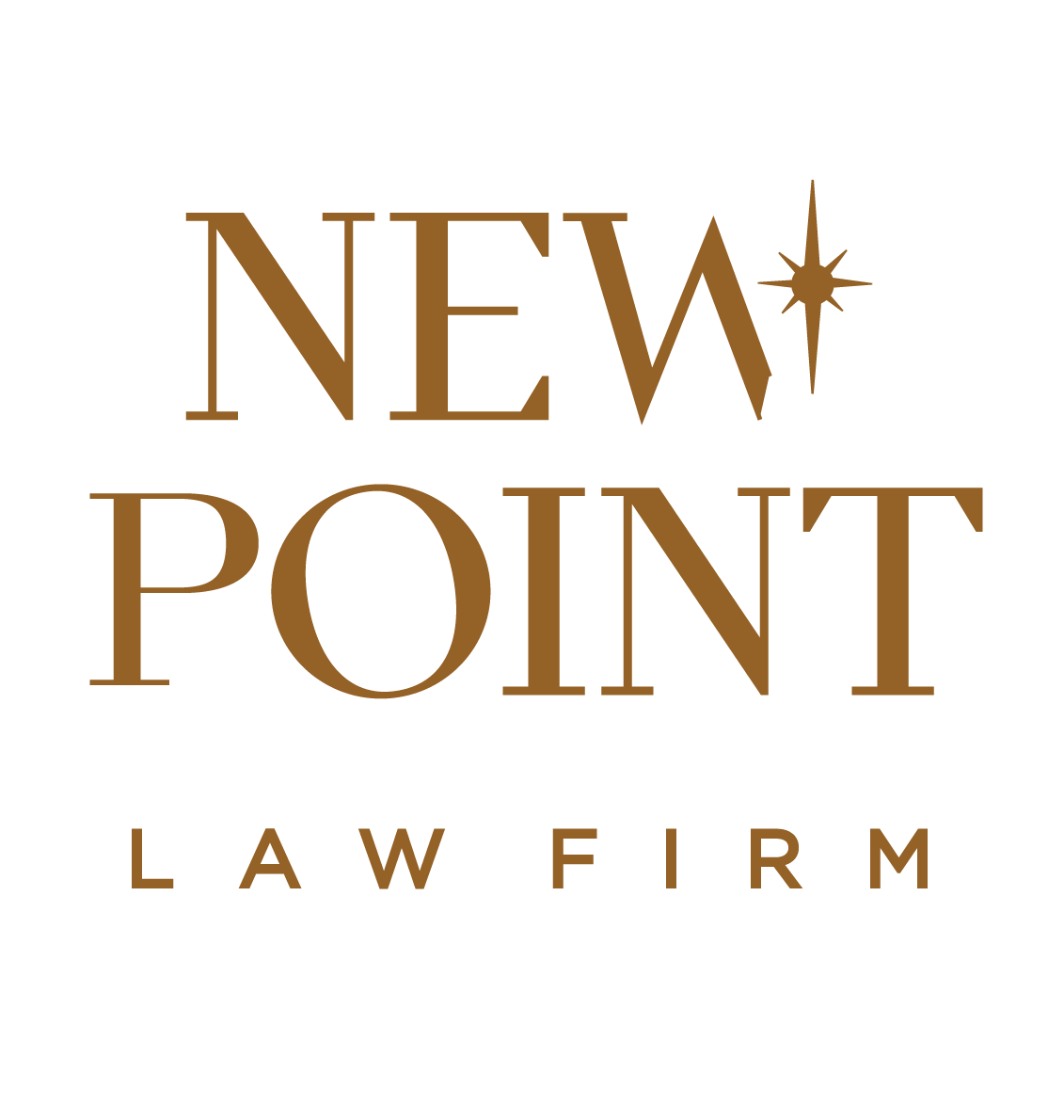LITIGATION & APPEALS
CONTACT
We advise clients who are or might become involved in a civil lawsuit or appeal as a result of a dispute, including prevention and settlement, in such areas as personal injury, contract disputes, family law, real estate and business and commercial matters.
There are many options open to business owners other than litigation. The best option depends on an individual’s specific needs and goals. Small claims court, alternative dispute resolution, and class actions may all be appropriate actions depending on the situation. In addition, business owners may become defendants in a class action or small claims action. It is important for business owners to understand the legal principles involved in these possibilities.
RELATED RESOURCES

New Point Law Firm, plc, is a general practice law firm offering tailored solutions backed by a wealth of experience built on the foundation of two historic Ames, Iowa law firms.
Contact
PHONE 515.232.1761
FAX 515.232.8962
Office Hours
Monday through Friday
8:30 A.M. to 5:00 P.M.
(Central Time U.S.A.)
Other times available by special appointment.
DISCLAIMER:
The information provided here is a public service and solely for informational and reference purposes. No legal service or advice is hereby provided. No attorney-client relationship is hereby created. This website may contain information addressing certain tax issues; however, it is not intended to constitute a reliance opinion as described in IRS Circular 230; therefore, it cannot be relied upon to avoid any tax penalties. The information provided here is without warranty of any kind whatsoever. Use at your own risk. No endorsement, warranty, or claim is made with respect to the works of others whose work may be referenced. Please seek the advice of an attorney for all legal matters.

